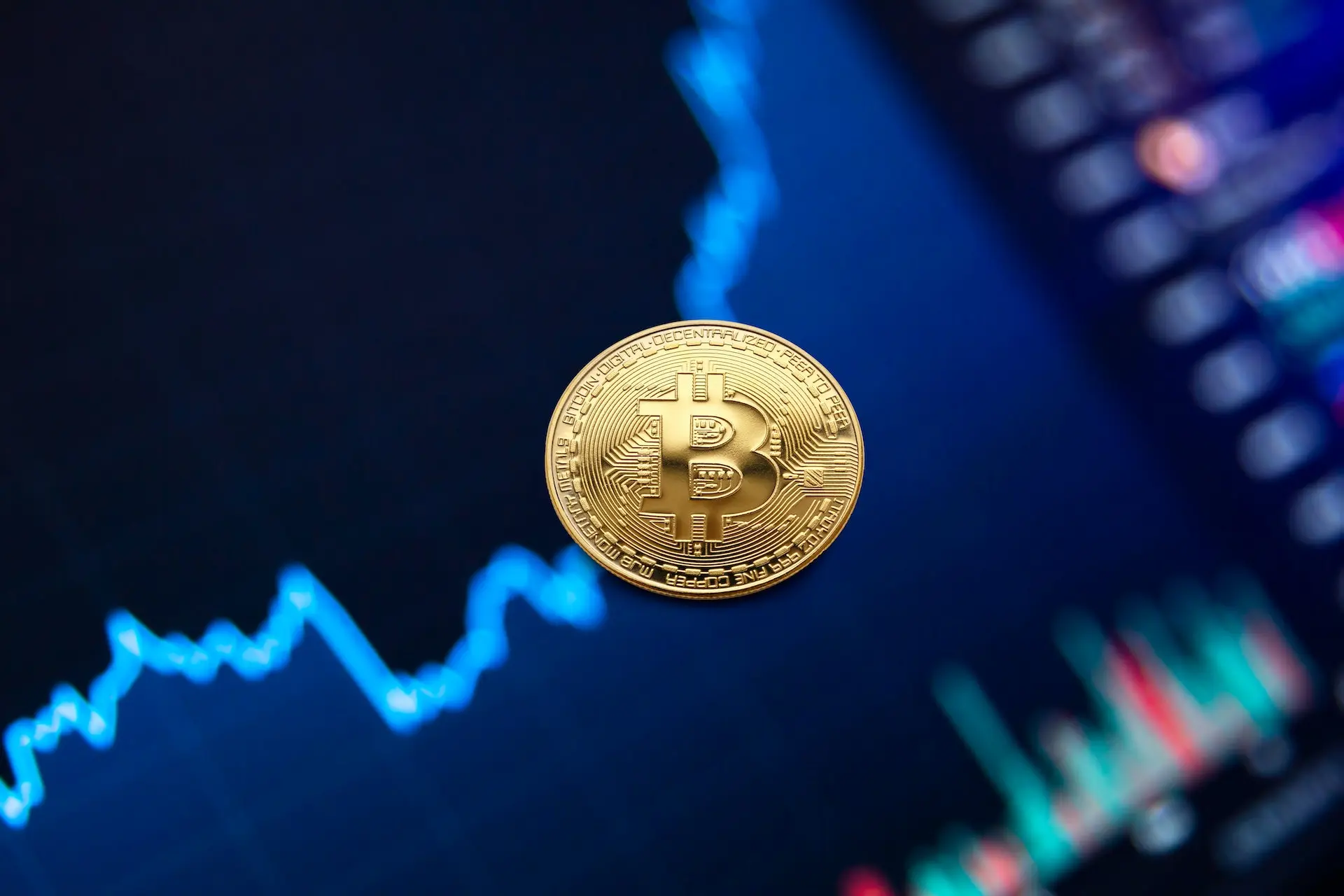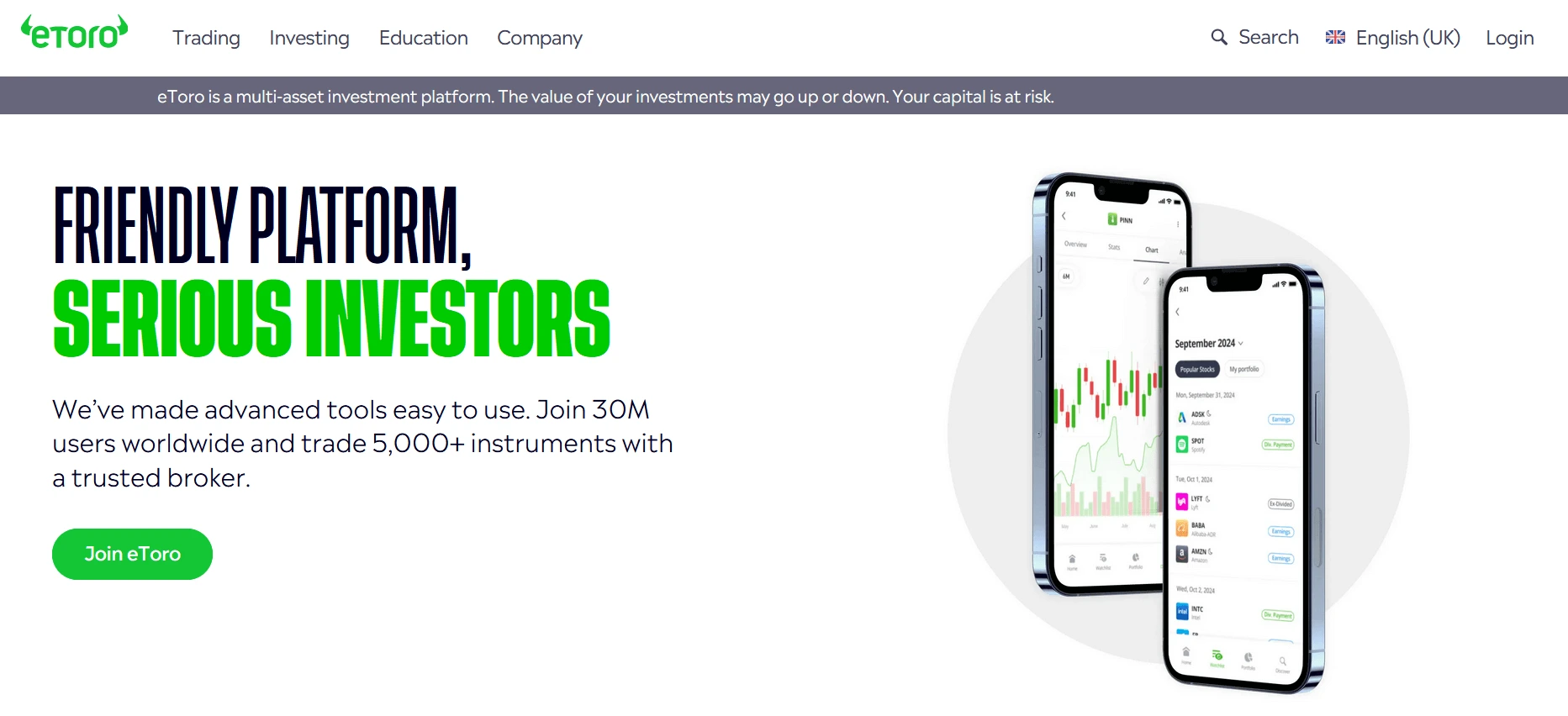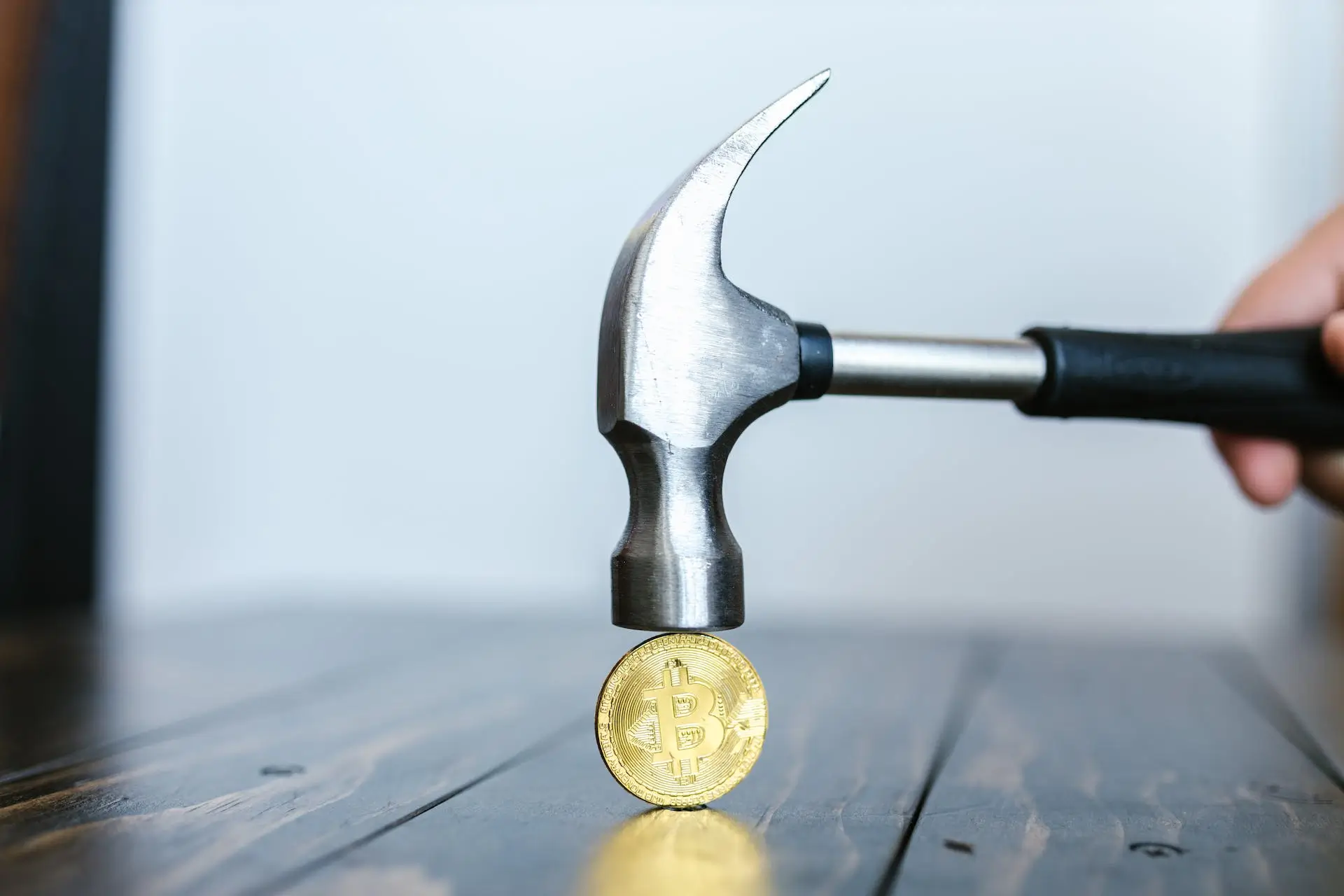Understanding the Bitcoin Price
Listen, folks, if you think understanding the bitcoin price is as easy as converting BTC to USD, then you’re missing the bigger picture.
The bitcoin market is constantly fluctuating, impacted by everything from political turmoil to Elon Musk’s tweets. Sure, you can convert your bitcoin to fiat currency, but that’s just the tip of the iceberg when it comes to understanding the Bitcoin price.
It’s like trying to understand the plot of a Ryan Reynolds movie by just reading the synopsis – you’re going to miss out on all the hilarious one-liners and snarky remarks that make it a hit.
So dig deeper, and let’s unravel the mystery that is the bitcoin price.
One Bitcoin is worth One Bitcoin
There’s an old saying in the cryptosphere: “One bitcoin is worth one bitcoin.” This phrase epitomizes the intrinsic value that bitcoin holds as a decentralized digital currency, free from governmental control and interference.
The value of a bitcoin doesn’t need to be translated into other currencies to understand its worth. Just like gold has its unique value, bitcoin has its own.
This is particularly significant in the world of cryptocurrency where the value of digital assets like bitcoin isn’t determined by its exchange rate to traditional fiat currencies such as the US Dollar, Euro or GBP, but rather by its own inherent value.
Driving Bitcoin’s Intrinsic Value
This value is driven by factors such as the technology behind it, the level of acceptance and adoption, the security of its blockchain, and its utility as a medium of exchange.
Just as one dollar is always worth one dollar, regardless of its buying power, one bitcoin is always worth one bitcoin.
In essence, viewing bitcoin’s value in this manner allows us to look beyond the fluctuating exchange rates and focus on its inherent worth and potential impact on the future of finance.
Bitcoin Transactions
Alright kiddo, buckle up, because we’re about to talk Bitcoin transactions – and don’t worry, it’s going to be as fun as riding a unicorn at a candy carnival.
Imagine you’re playing a game of catch; you throw the ball (that’s your Bitcoin), and your friend catches it (that’s the transaction).
Now, if your friend is Flash – super speedy – catching and throwing back the ball happens in a snap. But, let’s say your friend is a sloth. It takes him forever just to lift his arm, let alone catch and throw the ball back.
That’s a slow transaction.
In the Bitcoin world, faster transactions mean more people can play the game, and the more the game is played, the more people want to join in.
This demand can shoot the price up faster than Deadpool can say “chimichangas”. But remember, like in any game, rules can change.
If the game gets too difficult (expensive in the case of bitcoin) to play, some people might not want to play anymore.
Bitcoin Blockchain
The value of the Bitcoin Blockchain and individual bitcoins differ in the sense that while individual bitcoins represent a quantifiable asset with a current market price, the Blockchain’s value lies in its technology and potential applications.
The bitcoin network is a public, decentralized ledger that records every bitcoin transaction. This technology provides transparency, security, and immutability, which are highly prized attributes in a variety of applications beyond cryptocurrency, such as supply chain management and secure data sharing.
The inherent value of the blockchain technology underscores the value of bitcoin and other cryptocurrencies that utilize this technology, but it’s not directly reflected in the price of an individual bitcoin.
It’s this underlying technology that many believe hold the true value and future potential, even if the price of individual bitcoins fluctuates.
Regulations
Now let’s saunter into the land of regulations, where red tape meets bitcoin. When governments roll out the welcome mat for Bitcoin, this can be as delightful as finding an extra fry at the bottom of your takeout bag.
Greater regulation can lead to wider acceptance, increased trust, and a potential uptick in price as the masses join the Bitcoin party.
But, if the government morphs into a party-pooper and imposes restrictive regulations, it could be as disappointing as biting into a chocolate chip cookie, only to find out it’s raisin.
This can limit transactions, shrink markets, and potentially lead to a price drop which consequently shrinks your bitcoin wallet.
Remember people, just like your friendly neighborhood Spider-Man, with great regulatory powers comes great influence over the price of Bitcoin.
Bitcoin Mining
Ladies and gents, it’s time to don your headlamps and pickaxes, because we’re headed into the craggy world of
Bitcoin mining.
Like real miners, Bitcoin miners are out there sweating and toiling, but instead of precious metals, they’re uncovering blocks of verified transactions – the lifeblood of the blockchain.
These newly mined blocks aren’t just a trophy; they carry a reward – fresh, shiny bitcoins.
Now, here’s the kicker: there’s only 21 million bitcoins that will ever exist. As we delve deeper and closer to that limit,
mining gets harder, much like trying to find Waldo in a candy cane factory.
This increased difficulty, coupled with the limited supply, can cause a surge in Bitcoin price, making Bitcoin mining as influential on Bitcoin’s price as a well-placed cat meme is on internet culture.
So how much is one Bitcoin worth in USD?
So, how is the worth of Bitcoin calculated? or more simply put, what is the value of BTC to USD?
Well, the value of Bitcoin is determined by supply and demand, just like any other commodity or asset like
property. Simply put, the value of Bitcoin goes up when there is more demand for it.
And, conversely, when there is less demand for it, the value goes down.
As more people buy bitcoin, the supply of Bitcoin becomes scarce, which ultimately leads to an increase in its value.
Market forces
The worth of Bitcoin can also vary depending on various market forces such as geopolitical events, global economic trends, and even social media influencers.
For example, when Tesla CEO Elon Musk tweeted that his company invested $1.5 billion in Bitcoin, the value of the currency skyrocketed. Similarly, when
China banned cryptocurrency mining, the value of Bitcoin decreased by approximately 30%.
It’s important to note that the worth of Bitcoin can be highly volatile and subject to rapid changes.
For instance, in December 2017, the value of Bitcoin hit an all-time high of almost $20,000 before plummeting to around $3,000 by December 2018.
Therefore,
investing in Bitcoin can be a high-risk, high-reward proposition.
Ultimately Bitcoin is worth what someone will pay for it.
So, with the worth of Bitcoin being as unpredictable as it is, should you invest in it? That’s a personal decision that you need to make based on your risk appetite and financial goals.
But one thing is for sure, Bitcoin is not going anywhere.
As more and more investors continue to flock to Bitcoin, the cryptocurrency is likely to become even more valuable.
And as for its worth, all we can say is that, for now, it is one roller coaster worth taking.
What do you think influences the value of bitcoin?
Let me know in the comments below.





